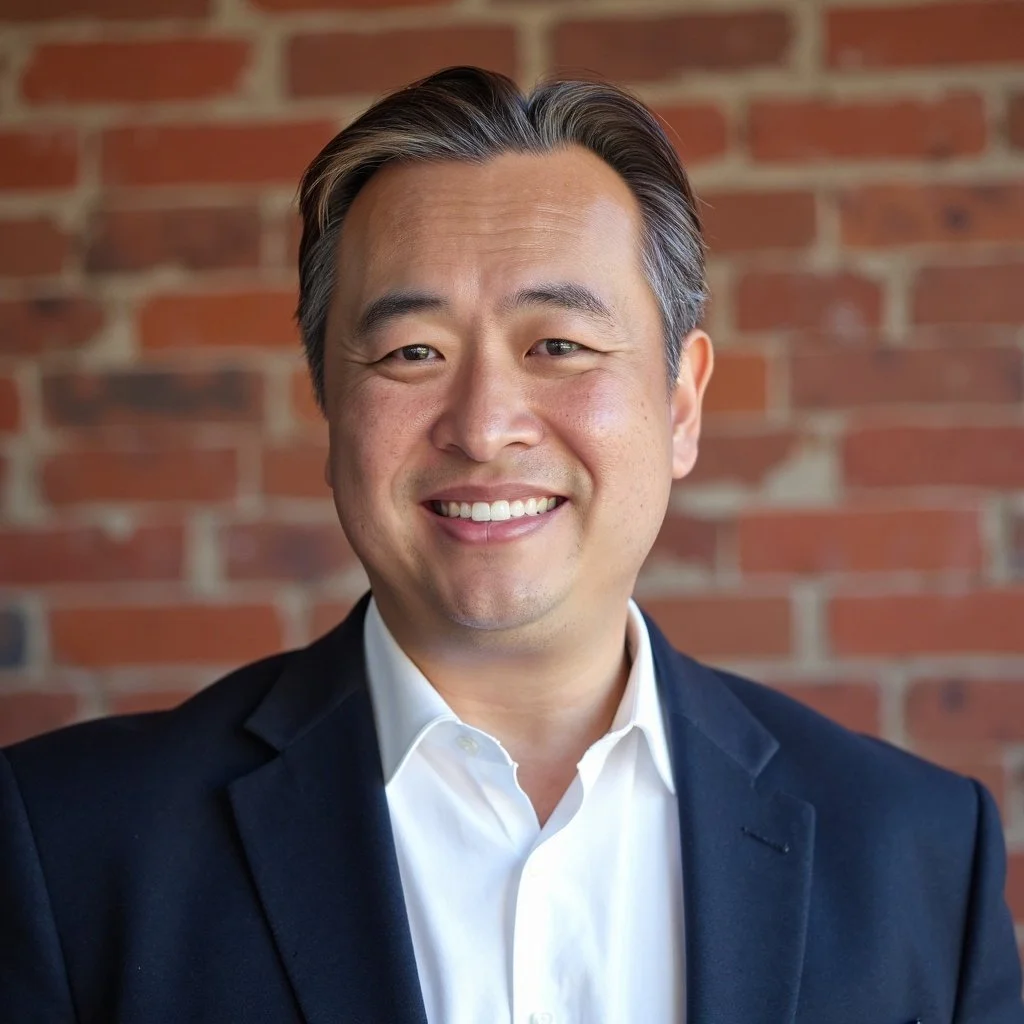YUN C. YUNG, PHD
ASSISTANT PROFESSOR
Yun C. Yung, Ph.D. is an Assistant Professor at Scintillon Institute. He is also a member of the Scintillon Aging Research Center (SARC). The Yung Lab studies induced pluripotent stem cell (iPSC) biology and various blood-derived factors, such as bioactive lipids, in the context of disease etiology and treatments, including hydrocephalus, diabetes, spinal cord repair, and aging. The lab utilizes a multi-disciplinary approach, including single-nuclei/cell Seq methods, cell and tissue imaging, and in vivo rodent models and behavior.
Prior to joining Scintillon, Dr. Yung received undergraduate degrees in Molecular Cell Biology and Cognitive Sciences from the University of California, Berkeley. He worked for several years with Dr. Victor Tse on brain tumor angiogenesis and cancer stem cells at Stanford University. He then continued completed his doctorate in Biomedical Sciences from the University of California, San Diego studying bioactive lipid biology in brain development and hydrocephalus and transcriptomic and genomic variation in neurons. He continued as a post-doctoral fellow at Scripps Research and later as research assistant professor at Sanford Burnham Prebys Medical Discovery Institute with Dr. Jerold Chun. He is the recipient of several awards, including a graduate research fellowship from the National Science Foundation, a post-doctoral Hydrocephalus Association Mentored Young Investigator Award, and a Hydrocephalus Association Discovery Science Award. He was also a junior co-investigator on a grant studying a variant of Alzheimer’s Disease called posterior cortical atropy.
Academic Appointments
· Assistant Professor, tenure-track (2018-present), Scintillon Institute
· Research Assistant Professor, Sanford-Burnham Prebys Medical Discovery Institute (2016-2018)
Honors & Awards
· Hydrocephalus Association Discovery Science Award (2018-2021)
· Alzheimer’s Disease Center of Excellence Young Investigator Award (2016-2019)
· Hydrocephalus Association Mentored Young Investigator Award (2010-2011)
· National Science Foundation Pre-Doctoral Fellowship, University of California, San Diego (2005-2008)
· ECS Pre-Doctoral Brain Tumor Research Fellowship, Stanford University School of Medicine (2001-2003)
Professional Education
· Postdoctoral, Scripps Research Dept of Neuroscience (2016)
· PhD, University of California, San Diego (2010)
· A.B., University of California, Berkeley (1999)
Current Grant Support
· Therapeutic Role of Fibroblasts and iPSC-derived MSCs in Reduction of Neuroinflammation (PI Yung), Allele-Cypert and Allele Biotechnology and Pharmaceuticals, Inc. (2023-2025)
· Therapeutic iPSC-mediated Treatment of Parkinson’s Disease (Co-Investigator Yung), Deerfield Management and Poseidon Innovation (2020-2024)
· Discovery and Optimization of Biomaterials for In Vivo Ocular Injection (PI Yung), Cellink and Astellas (2022-2024)
· Therapeutic iPSC-mediated Beta Cell Treatment of Type 1 Diabetes (Co-PI Yung), Allele Biotechnology and Pharmaceuticals, Inc. (2021-2024)
· Therapeutic iPSC-mediated Treatment of Parkinson’s Disease (Co-Investigator Yung), Deerfield Management and Poseidon Innovation (2020-2024)
Past and Completed Grant Support
· Development of iPSC-Derived Breast Cancer Vaccine (Co-PI Yung), Private venture fund (2020-2021)
· Development of Bioprinted Spinal Cord Injury Repair (Co-PI Yung), Private venture fund (2020-2021)
· Hydrocephalus Association Discovery Science Award (Yung) (2018-2021)
· NIH 5P50AG005131-35 (Chun, Yung) Alzheimer’s Disease Center of Excellence Young Investigator Award. Project 3: Genomic Mosaicism Underlying Posterior Cortical Atrophy (2016-2019)
Professor Yun Yung earned his dual AB degrees in Molecular Cell Biology and Cognitive Sciences from the University of California, Berkeley and his Ph.D. in Biomedical Sciences from the University of California, San Diego. He subsequently continued his research at Scripps Research and Sanford Burnham Prebys Medical Discovery Institute prior to joining the Scintillon Institute. Dr. Yung’s research in numerous fields has led to key discoveries. First, key lipids released during bleeding can cause fetal and neonatal forms of hydrocephalus in children. Second, the development and use of single nuclei sequencing methodologies, including isolation of cell nuclei, RNAseq, and barcoding probes, can provide sufficient information to identify cell types of the brain; this strategy can be used for many tissues in the body and is a foundational approach for companies such as 10X Genomics. Third, altered genomics exist in normal brain cells and further imbalances can be linked mechanistically to neurological diseases, such as Alzheimer’s disease and Down syndrome.
More recently, Professor Yung’s focus extends to translational medical studies on iPSCs and their use in the treatment of disorders such as type 1 diabetes, macular degeneration, Parkinson’s disease, and generalized aging using mRNA-based directed differentiated iPSCs into beta cells, neurons, retinal cells, and fibroblasts and mesenchymal stem cells. Dr. Yung is currently an Assistant Professor at Scintillon Institute, a member of the Scintillon Institute Center for Aging Research (SI CAR), and a consultant for Allele Biotechnology and Pharmaceuticals, Inc, both in San Diego.

